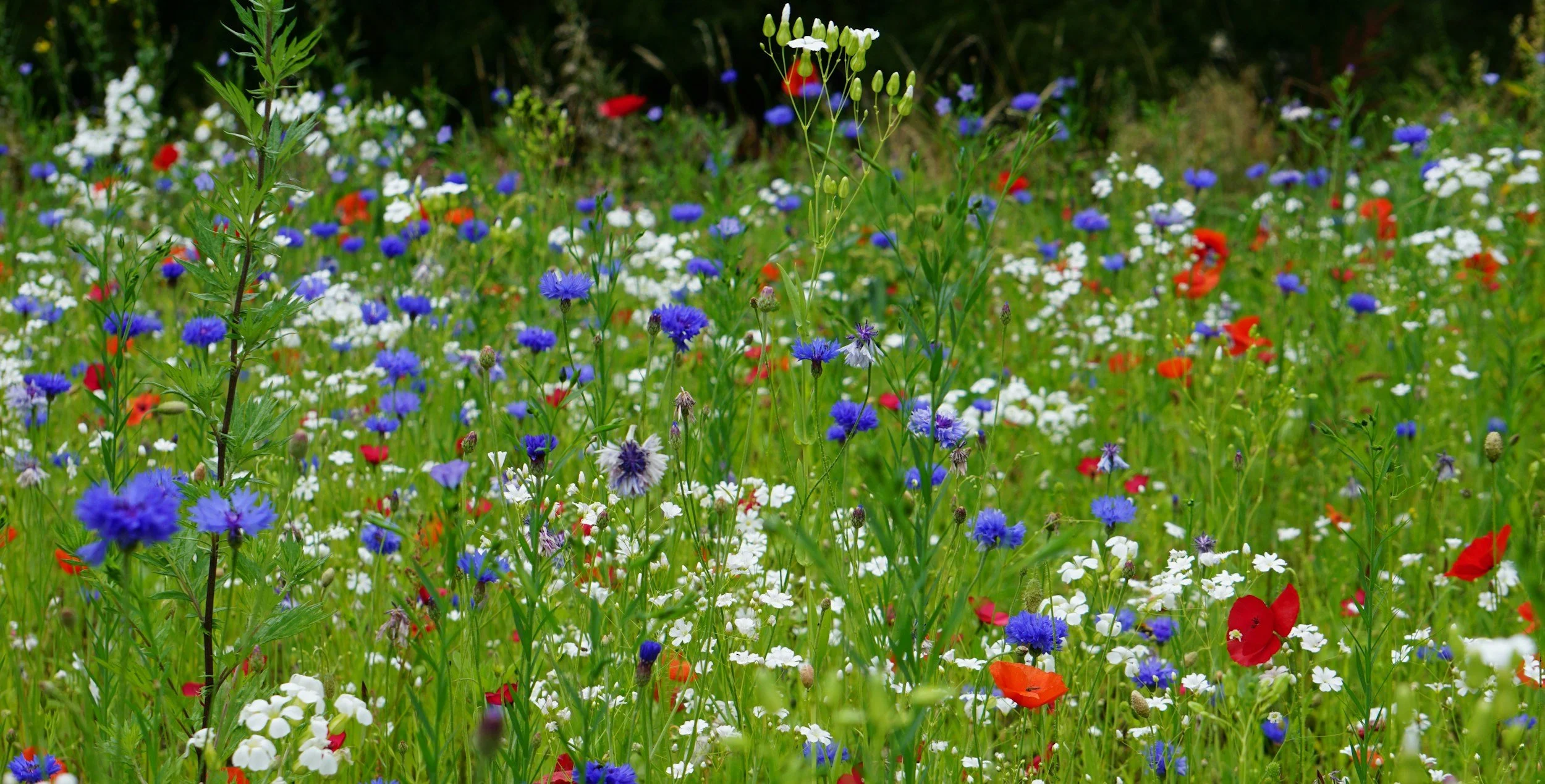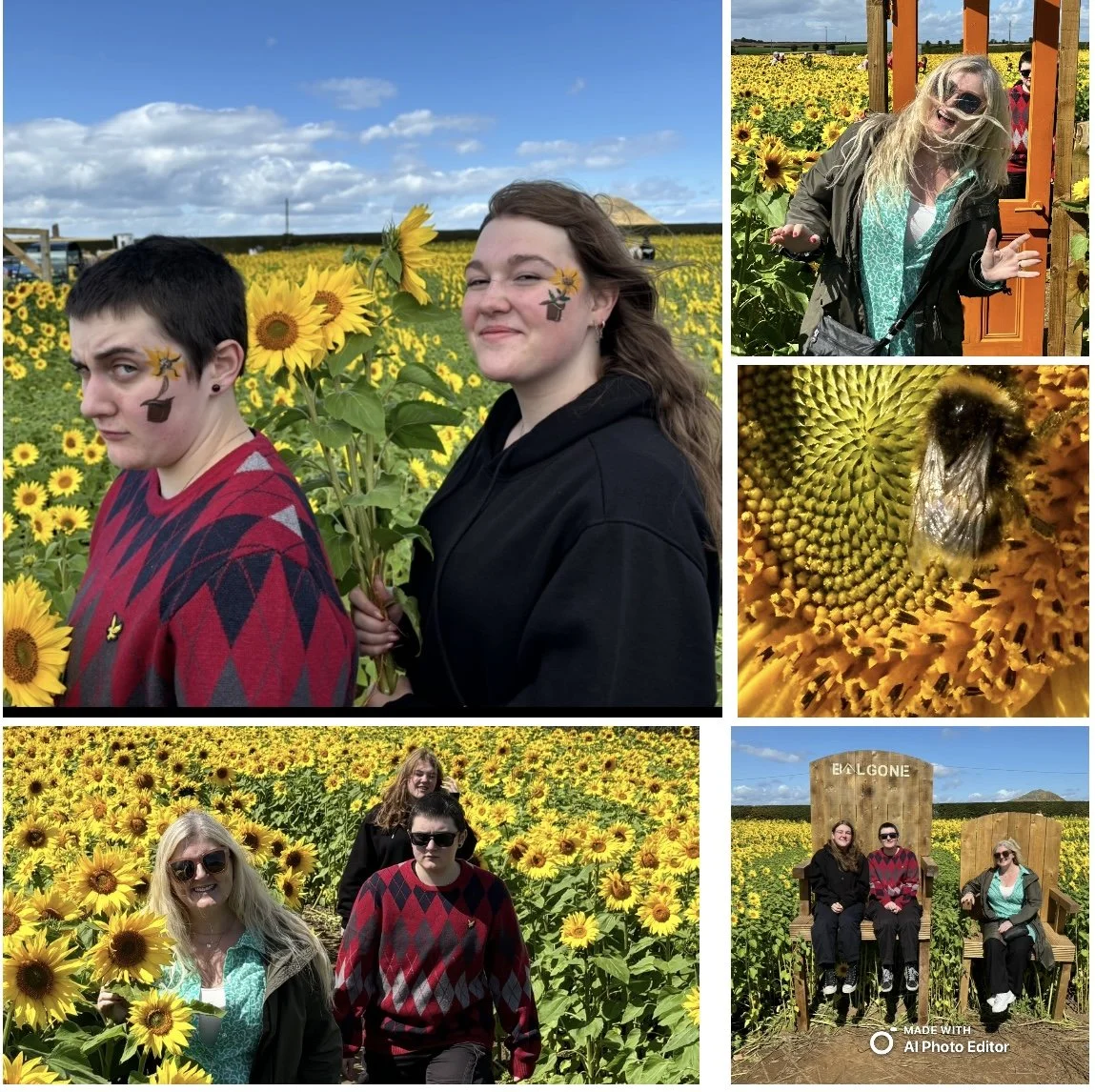
Bumblebee Conservation
Thank you, bees!
Bumblebees are essential pollinators for many crops providing vital nutrients for oral health rich in vitamins and minerals that promote healthy teeth and gums, Bumblebees help ensure food diversity, crucial for maintaining a balanced diet. A nutrient-rich diet supports good oral hygiene. An ecosystem’s health is often an indicator of broader environmental issues which can affect human health, including oral health. The same pesticides harming bumblebees can end up in the food chain impacting human health and may affect the microbiome in our mouth. Bee products like honey and propolis have been used for oral health. Honey has natural antibacterial properties, and propolis is sometimes used in oral care products for its potential to reduce inflammation and fight infections. Promoting bee conservation efforts indirectly supports sustainable agricultural practices, which can also help make healthy, pesticide-free food available to improve overall health, including oral health.
An easy way to support local wildlife?
Plant a sunflower. A single sunflower can feed dozens of bee species, provide seeds for birds, and attract butterflies all season long.
Why not join us in May every year supporting ‘No Mow May’ allowing grass and wildflowers to grow freely, creating a valuable food source and habitat for our little pollinators and birds, alongside promoting biodiversity,. Even leaving a patch would help. Six dandelions are needed to support one bumblebee - so if you could not bring out the lawnmower until June the Earth would thank you for it. Bee the change! (no lawn needed, wildflowers in pots especially indigenous wildflowers are a winner).
The Bumblebee Conservation Trust is a membership charity founded in 2006 to address serious concerns about the future of our wild bumblebees. As a science-led organisation, both their long term and day to day work is informed through evaluation of scientific research and best practice. Their vision is a world where bumblebees are thriving and valued by everyone.
There are many ways you can help, to find out more please visit www.bumblebeeconservation.org



